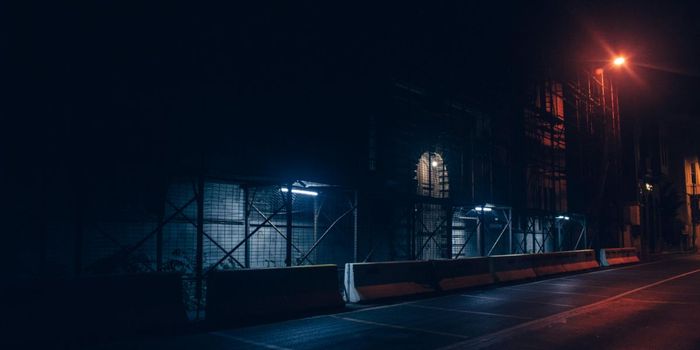The science on psychedelic drugs is a mixture of dire warnings about bad trips and the possible benefits some of the mind altering substances might have. Experts do agree however that there is more harm than good in most of these substances. During the Nixon administration, psychedelic drugs, including MDMA (Ecstasy), mescaline(Peyote) and LSD were categorized as Schedule 1 drugs by the Drug Enforcement Agency. Schedule 1 drugs are those which experts say provide no medical value, do not treat any disease, cannot be prescribed and are not to be used in clinical research.

A new study by researchers at in the neuroscience and psychiatry departments at John’s Hopkins University School of Medicine did not include using any psychedelic drugs, however it might cause experts to look differently on one of the more common ones, psilocybin. Psilocybin is the active ingredient in “magic mushrooms” that produces the hallucinatory “trips” or altered states of mind. The study looked at “bad trips” and how they had affected the lives of those who had experienced one.
The study began with Johns Hopkins researchers checking out hundreds of online forums in a search for participants who had been through a bad trip while using magic mushrooms. They got nearly 2,000 responses to their online survey and what they found was that even though these trips were sometimes quite awful to go through, most of the respondents said they’d do it again and that it had benefited them in the rest of their lives.
The numbers paint a picture of a somewhat surprising phenomenon. While 40% of the participants who had gone through a bad psychedelic trip called it one of the top five most challenging experiences of their lives and 11% called it the most challenging experience 84% said their really bad trip improved their sense of well being and their present level of life satisfaction. 46% percent said they’d do it again. About one third of participants that had called their worst acid trip incredibly challenging had also said it was “spiritually significant” and “personally meaningful.” How could something that is reportedly so terrible and scary have a positive impact on one’s life?
In an article on Fusion, the study authors are quoted on this somewhat contradictory result. They write, “These counterintuitive findings are consistent with clinical observations of psychedelic psychotherapists who have reported that, during a psychedelic session, the resolution of psychologically challenging experiences may result in attribution of meaning, spiritual significance, and increased life satisfaction sometimes described as catharsis.”
The study results are not all rainbows and unicorns however. Some of the study volunteers said that their experience led them to seek treatment for psychological problems that were not present before they used the drug. Also, about 11% of users said that during their bad trip that had endangered themselves or others. The effects of these substances on the human brain isn’t fully understood due to the lack of research. It’s clear however that the experiences some have while using them have a profound psychological impact. The study is published in the journal of Psychopharmacology. The video explains more about the study.
Sources:
Fusion,
Vocativ,
Journal of Pharmacology









